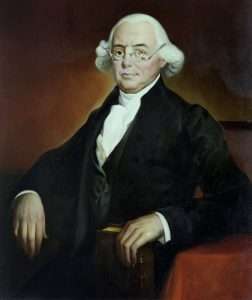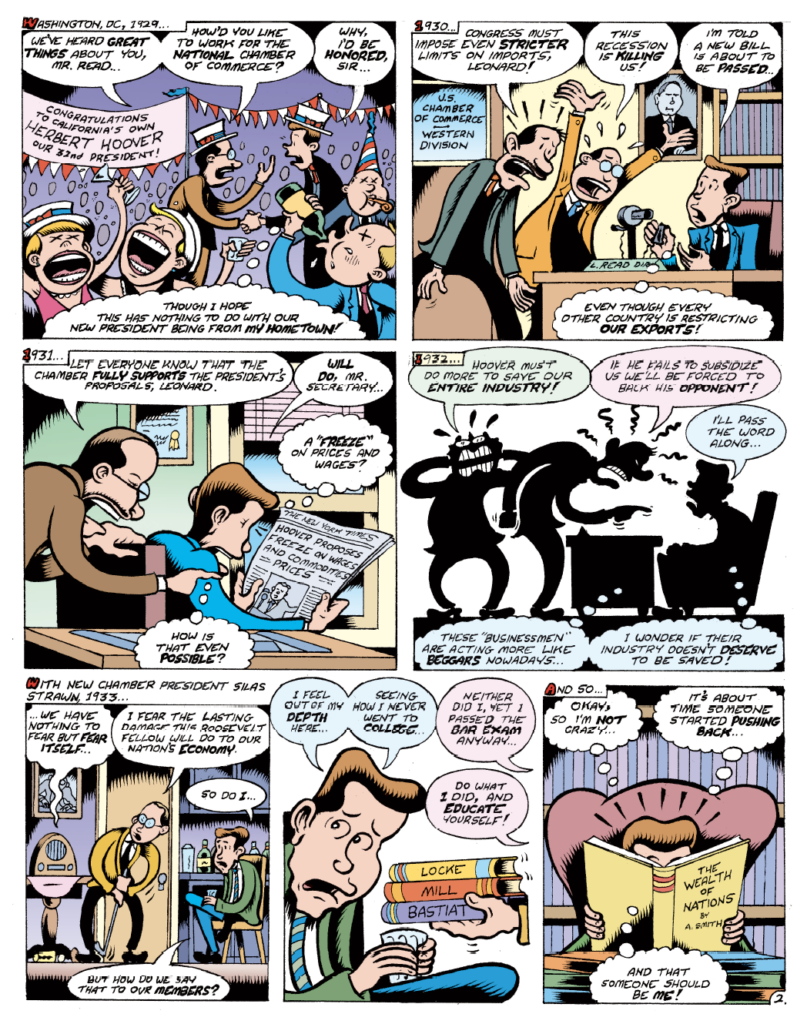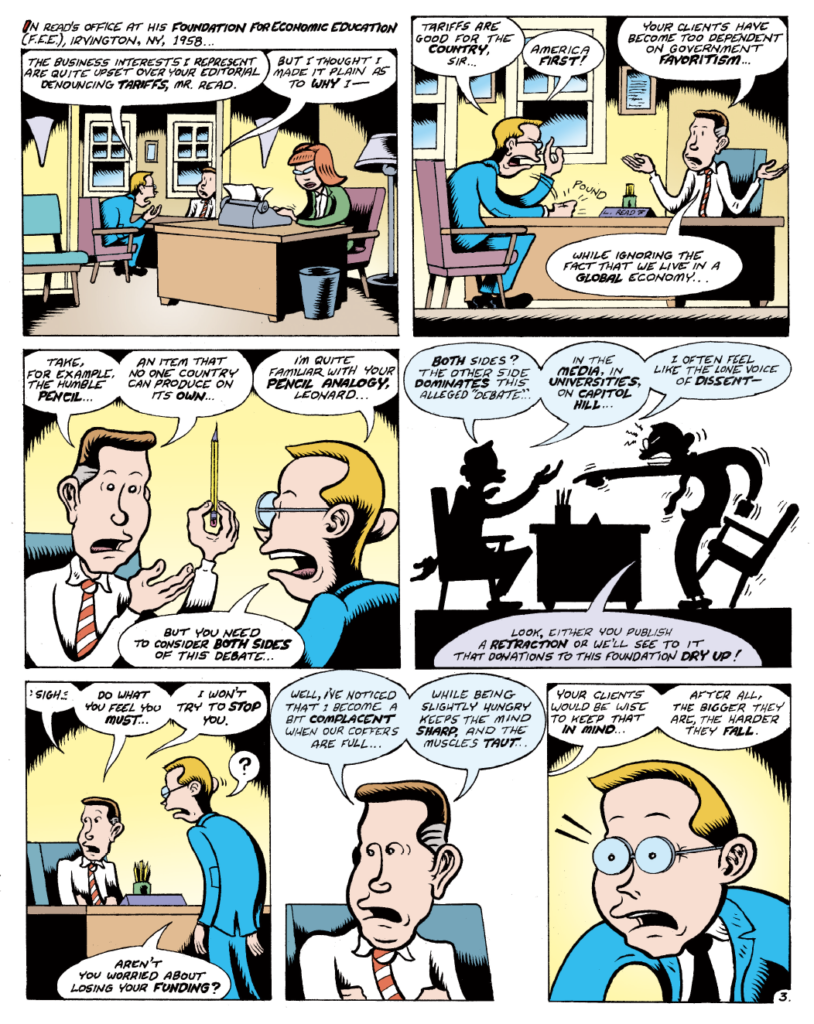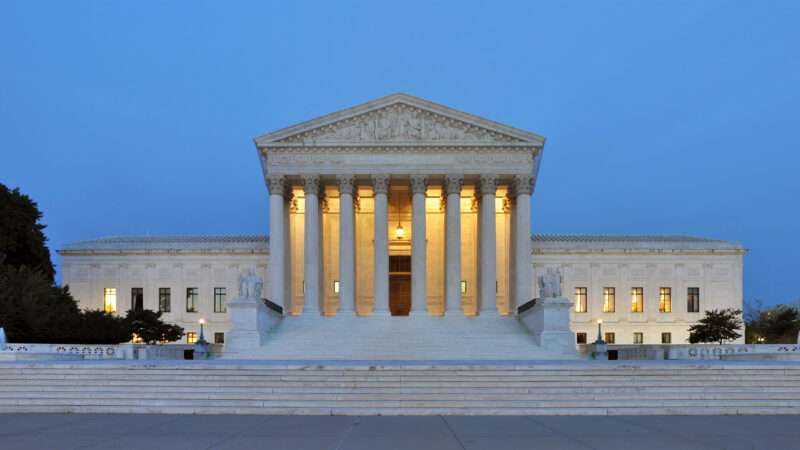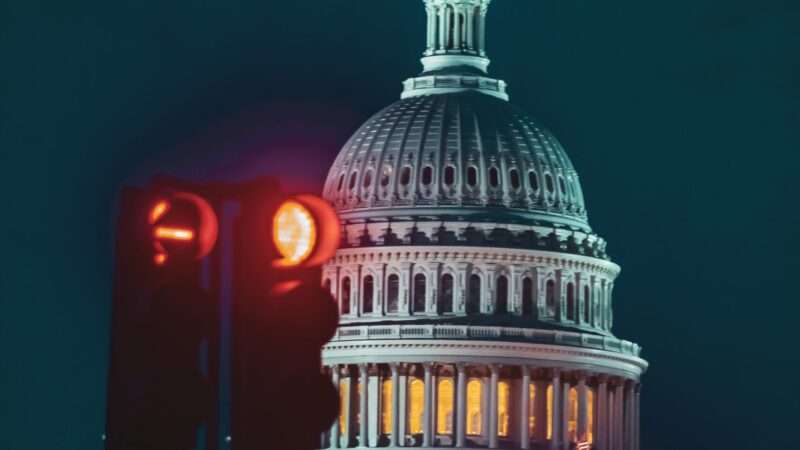
Democrats appear likely to abandon plans to include an expensive new federal entitlement program—paid family leave—as they try to trim the overall cost of President Joe Biden’s “Build Back Better” plan proposal.
Biden’s plan called for a federal paid leave program that would replace up to 85 percent of a worker’s pay (with that percentage falling for higher-paid workers) for up to 12 weeks per year. Workers could access the paid leave program if they were having a baby, taking care of an elderly or sick relative, or recovering from a serious illness of their own.
There has not been an official Congressional Budget Office assessment of how much the paid leave program would cost, but a similar stand-alone proposal drawn up by Democrats in 2019 carried a $547 billion price tag over 10 years. That made the paid leave proposal one of the more expensive heaves in Biden’s proposal. Even after Democrats tried to trim the benefits by reducing the timeframe to just four weeks instead of 12, the price tag was still over $300 billion, Politico reported earlier this month.
Ultimately, the high cost is what seems to have doomed that aspect of Biden’s plan.
???? Senate Democrats have decided to drop paid family and medical leave, a key cornerstone of Joe Biden’s presidential campaign, from their mammoth social spending package Wednesday after attempts to drastically pare it down were deemed insufficient, three sources tell me.
— Eleanor Mueller (@eleanor_mueller) October 27, 2021
The problem facing Democrats right now is rooted in basic budget math of the kind that usually gets ignored in Washington. Sen. Joe Manchin (D–W.Va.) has said he is worried about the trajectory of the national debt and will not support a social spending plan that relies on more borrowing. Without his support, Democrats do not have a majority in the Senate. So the plan has to include enough revenue offsets to pay for the proposed new spending—or, at least, pay for them sufficiently to satisfy Manchin.
But Democrats keep backing away from the sorts of large-scale tax increases necessary to pay for a $3.5 trillion spending plan—like the proposed “billionaire tax” on unrealized capital gains that reportedly got axed on Wednesday. As Reason’s Peter Suderman explains, that tax was a terrible idea (and maybe even an unconstitutional one), but discarding it reveals something about the underlying negotiations over Biden’s plan:
It is certainly possible that some deal will still be negotiated, that some other tax mechanism or mechanisms will be found that can raise sufficient revenue to make the tax-and-spending math work. But even if something eventually passes, Democrats’ down-to-the-wire struggle highlights the inherent political difficulty of raising taxes, even within a party that is nominally devoted to the idea that higher taxes, especially on the rich and well-off, are a popular political good. And the reason for that difficulty is not the intransigence of tax-hating Republicans, or the existence of the Senate filibuster, but the fact that Democrats are having trouble mustering sufficient support from elected Democrats.
So, to review: Manchin won’t vote for more borrowing. Democrats can’t find the votes for big tax increases. The only remaining option, at that point, is to start hacking away at the spending side of the legislation. Which is exactly what Democrats are doing, and that’s why paid leave appears to be heading for the cutting committee room floor.
Manchin on Wednesday stressed that his opposition to new benefits was rooted in concern for the country’s long-term fiscal status, noting in comments to reporters both the nearly $29 trillion national debt and the looming insolvency of the trust funds for Social Security and Medicare. “In good conscience, I have a hard time increasing benefits—which, all of us can agree we’d love to have this and love to have that—when you can’t even take care of what you have,” Manchin said.
Manchin talks to us on billionaires' tax: “I don’t like the connotation that we are targeting different people"
On Medicare expansion: "I have hard time increasing" benefits
On paid leave, Manchin said given the debt: “It doesn’t make sense to me. … I just can’t do it" pic.twitter.com/mMZfW20Gk5
— Manu Raju (@mkraju) October 27, 2021
Here’s the real kicker for progressives: A paid leave proposal, expensive though it may be, is politically popular even among Republicans. If Sen. Kirsten Gillibrand (D–N.Y.), who has been championing the policy, were able to bring a stand-alone bill for a paid leave program to the Senate floor (along with a mechanism to pay it), it is at least theoretically possible that such a bill would pass. Sure, there would be negotiations, amendments, and arguments over it. Legislators would have to legislate, in other words. But there are almost certainly 60 votes in the Senate for some form of federal paid leave program.
Instead, there will likely be no federal paid leave program. And that’s at least in part due to the fact that Democrats are trying to cram all their big ideas into a single piece of legislation, rather than trying to find agreement for individual items and moving them one at a time.
Congress is gradually moving toward having only one bill per year, with everything stuffed into it, negotiated by just a few congressional leaders, completely behind closed doors, with no floor amendments permitted.
We’re largely already there.
— Justin Amash (@justinamash) October 28, 2021
Where does that leave Biden’s bill on the eve of the latest deadline for a Senate vote that seems nowhere close to happening? The president is supposed to meet with congressional Democrats on Thursday to present a new framework that The Washington Post promises will “win the support of all Democrats.” Meanwhile, The New York Times says the revamped plan “is likely to leave some critical issues unresolved, including how to pay for it.”
So, yeah.
One of the cardinal rules of politics—and political media, especially—is that nothing is ever as bad (or as good) as it seems. These are professions where overreacting is a way of life. That said, here’s something White House Chief of Staff (and longtime Biden confidant) Ron Klain retweeted on Wednesday night. Judge for yourself how things are going right now over at 1600 Pennsylvania Ave.
Normal stuff, just the White House Chief of Staff retweeting a description of the emerging BBB package as a "grab-bag of ill-designed, underfunded programs that are all set to self-destruct during the second Trump administration" pic.twitter.com/LcVvIJlUAZ
— Josh Barro (@jbarro) October 28, 2021
FREE MINDS
Sen. Tom Cotton (R–Ark.) penned a wildly inaccurate piece for National Review defending qualified immunity. Reason‘s Billy Binion helpfully offers some corrections:
Misconception #1: Qualified immunity is "essential to effective policing."
QI allows gov't officials to violate your rights with little fear of liability in civil court. To say it's essential is to say that cops need to be able to violate your rights to do their jobs. /2 pic.twitter.com/M6czw0sOZJ
— Billy Binion (@billybinion) October 27, 2021
Read the whole thing.
FREE MARKETS
How to eat for an entire year on $150—as long as your stomach can handle it:
It all started on the first day of his internship in 2014, when Dylan noticed the rollicking coasters of Six Flags Magic Mountain from the windows of his new office. Fresh out of college and something of a coaster-fanatic already, Dylan was perusing the options for Six Flags’ annual pass when he stumbled upon what might be the deal of his lifetime — for a one-time fee of $150, he could eat two meals a day, every day at the park for an entire year. Since his office was just a five-minute drive away, it was a no-brainer.
“That entire first year, I don’t think I ever went to the grocery store,” he says. “I timed it so I was able to go there during my lunch break, go back to work, then stop back for dinner on my way home.”
Over the course of seven years of eating at the Six Flags food court, Dylan claims he saved enough to pay off his student loans, get married, and buy a house. Read the whole saga in MEL Magazine.
QUICK HITS
• Facebook doesn’t make people angrier. Some people are just jerks.
• Another In-N-Out burger joint was shut down in California for being “an immediate health hazard to the public” because the location won’t check customers’ vaccine status before serving them.
• Hong Kong approved a new censorship law prohibiting content that Chinese officials believe “might endanger national security.”
• America is in desperate need of more workers, but federal officials wasted at least 400,000 visa slots during the fiscal year that ended in September.
• Next week’s gubernatorial election in Virginia could provide a post-Trump road map for the GOP.
• Hall of Fame quarterback Brett Favre repaid $600,000 in welfare he improperly received from Mississippi.
• You’re gonna need a bigger….whatever you keep scorpions in?
As if small scorpions weren’t scary enough, scientists have discovered an ancient fossil of a sea scorpion that was 16 times larger than the present-day scorpion—almost as big as a dog!
Read: https://t.co/cuw753qVOK
????: Nanjing Institute of Geology and Palaeontology/Y Dinghua pic.twitter.com/3IPE71dLeJ
— The Weather Channel India (@weatherindia) October 27, 2021
from Latest – Reason.com https://ift.tt/3EF4HXZ
via IFTTT
